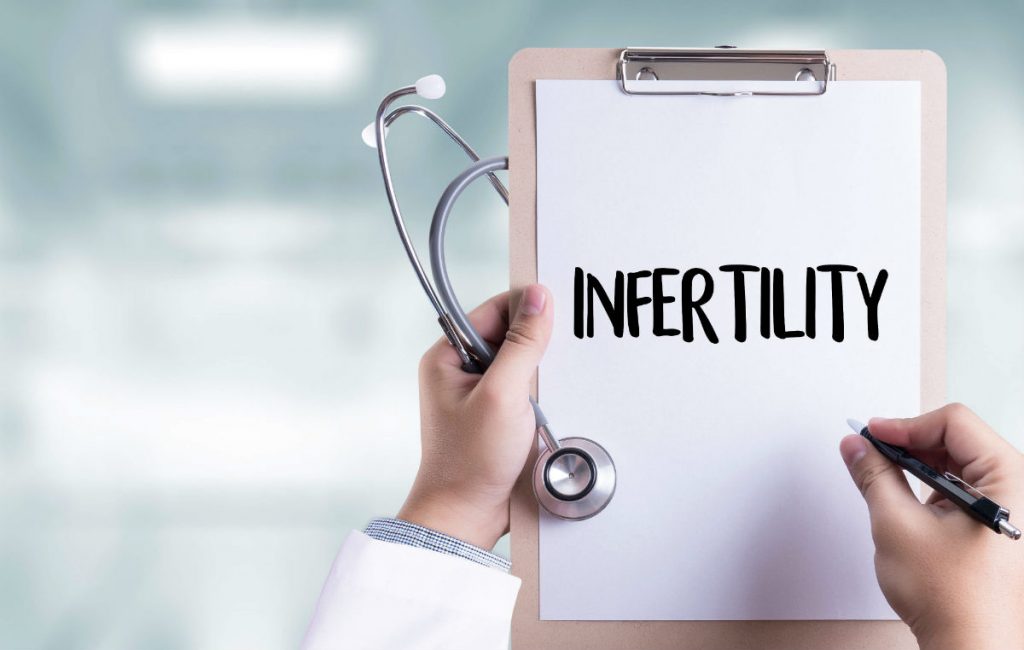THINGS YOU SHOULD KNOW WHEN YOU’RE TRYING TO CONCEIVE
When you are trying to conceive, a lot of strong feelings can come up along with the hope and excitement, but you could be let down if months go by and it doesn’t happen. The inability to get pregnant, if you’ve been trying for some time, can be heartbreaking. But it is not the end. There are steps you can, and should, take. Sometimes the cause of infertility is easy to diagnose and can be treated.
Your first stop should be at your gynecologist, who may refer you to a fertility clinic. It is important that you seek medical help as early as possible to get a diagnosis and know what your options are.
When you’re ready to get pregnant and grow your family there’s a lot to look forward to and plan for. It might happen quickly, it could also take longer than expected, even if you and your partner are healthy.
If you are a healthy woman that wants to conceive, you should try for a year if you’re younger than 35, and for six months if you’re 35 or older. You should talk with your doctor if it doesn’t happen by then.
You should be aware that you can only conceive once in every month. When you are waiting earnestly to conceive and your cycle starts over again, you may begin to wonder. Will this be the one? If not, when will it happen? It’s not usually easy to predict. And if you’ve been trying for a while, the ups and downs can be really hard.
You can do a lot to take care of yourself, but with fertility, it is unpredictable and not always in your control. While everyone is different, there are certain things that you may find especially hard to cope with when you are trying to get pregnant. You may be able to relate personally, or you’ll want to be sensitive to these things if you know someone in that situation.
You may think that you’re going to try to conceive for just a few months, get pregnant, and then begin to pick baby names. But don’t be surprised that it might take longer. A lot of things can affect your hopes, including your age and health.
You may feel like a failure if it doesn’t happen like you thought it would, but it’s no one’s fault. However, check with your doctor to make sure you’re ready for pregnancy.
It is true that there are so many couples that can get pregnant without even trying. For others like you, it can be a big project. You might measure and record your cycle, looking for patterns that would help you know when you’re most fertile. You might get blood tests and have extra doctor appointments and be weighing all of your options if pregnancy doesn’t happen on its own.
If you are hoping for a pregnancy, it is all right to look forward to things like the baby’s nursery, first steps, and making memories together. But usually when conceiving is hard for you, lots of other issues can come up. You and your partner might be tempted to ask questions.
Are you both healthy? How long do you want to keep trying? What other options do you want to explore?” You’ll want to work together, possibly with a counsellor to keep your relationship healthy.
It is likely that you might be quite open about your pregnancy hopes, plans, progress, and setbacks. Talking about it helps. You might want to talk about it and appreciate it if close friends or family ask. Or you might want to keep it private and avoid questions, especially if it’s not going well. However, the love and support from friends and family helps. It’s all up to you to decide what you tell people and when you tell them.
When you are trying to conceive, you might suddenly be critically aware of all the pregnancies and babies around you in real life or on social media. If you wish that were you, you might feel lots of things: thrilled for your friends, sad that you’re not there now, and hopeful for your future. For instance, if you need to skip a baby shower because it’s too hard, do what you need to do for yourself.
When you can’t conceive as quickly as you want, you might even find out that it’s due to a health problem that you didn’t know about previously or that it could make pregnancy and delivery very risky. Or you might be healthy but decide to explore other ways to expand your family. Even these decisions can be complicated and emotional.
One other point that you should know is that trying to conceive changes you and your lifestyle. If pregnancy happens quickly, you’ll have baby clothes, diapers, a crib, possibly day care, and many other things to save for. If it doesn’t happen and you decide to try fertility treatments, the tests, procedures, prescriptions, and everything else can add up quickly.
If it’s taking longer than you thought it would take for you to get pregnant, you might not want to hear suggestions or stories about other people who’ve also gone through it or are going through it. Even if it comes from someone with the best intentions, you might feel like they’re only implying that you haven’t done enough or you don’t know enough. Try to focus on what you, your partner, and your doctor think is best.
– Professor Abayomi Ajayi
@ Punch Newspaper

